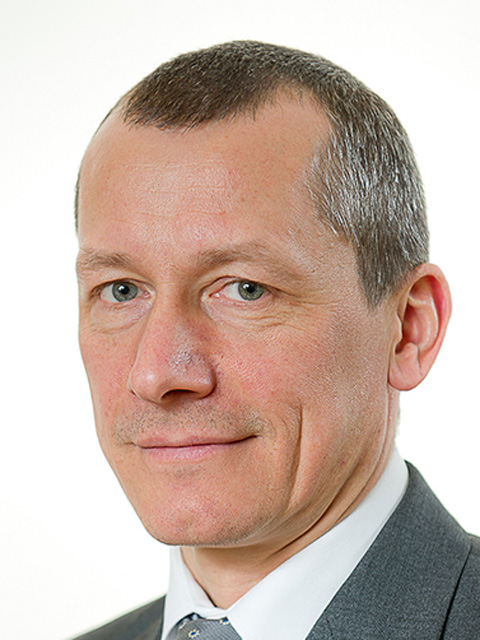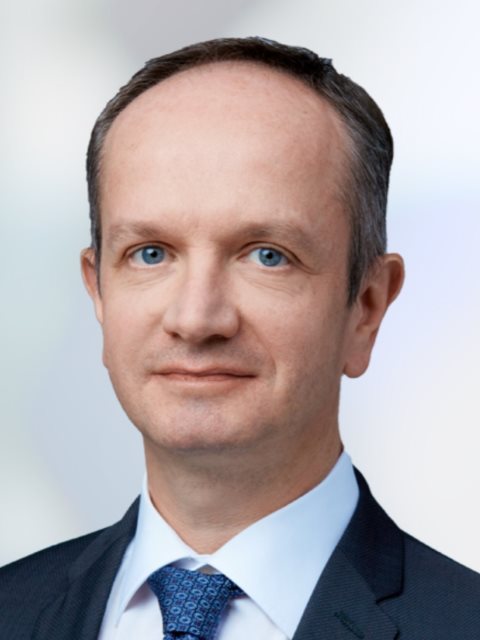Pivot East 3.0: The Asian Vector in the Economy
Asian powers, including China, Japan and India, have formed significant partnership with practically all of the developed countries over the past 50–60 years. For Russia, that faces a possible economic reorientation and a search for new commodity and investment markets, its turn to the East is of particular relevance today. With its enormous investment potential, the Russian Far East deserves special attention: minerals and renewable natural resources, abundance of highly skilled personnel and quality higher education institutions, as well as rapidly developing technology sector. At the same time, the markets of the East are still a "terra incognita" for Russian business in many ways. For instance, a number of their essential features, such as the regulatory requirements of Asian investors in terms of sustainable development, are still not entirely understood – even though it is one of the key factors that affect the ability of a company or region to increase its attractiveness in the eyes of potential partners. How interesting are the Asian markets to Russian business? How can Russian companies, which until now have sought to be sustainable primarily for the West, change their vector to the East in search of new markets and investments? What are the specifics of these markets in terms of sustainability infrastructure, including the non-financial disclosure requirements of the Asia-Pacific stock exchanges as compared to the LSE, NYSE and NASDAQ? What has Russian business already encountered in real life when turning to the East? How may the current geopolitical tensions in the world, causing a breakdown of existing supply chains and logistical difficulties, impact the development of business with Asian countries? What needs to be done by the Russian government to attract investors from Asian countries and are there examples of support for foreign investors, particularly in the Far East?
Moderator
Andrey Sharonov,
Chief Executive Officer, National ESG-Alliance
Panellists
Victor Drozdov,
Member of the Board, Polyus
Viktor Markov,
Director, TransContainer
Karen Ovsepyan,
General Director, Grain Terminal Zabaikalsk
Sergey Tverdokhleb,
General Director, MCC EuroChem; Member of the Board of Directors, SUEK
Anna Tsivileva,
Chairman of the Board of Directors, Kolmar Group
Alexey Chekunkov,
Minister of the Russian Federation for the Development of the Far East and the Arctic
Front row participants
Mikhail Degtyarev,
Governor of Khabarovsky Territory
Vladimir Lukin,
Expert on Climate Change
Tatyana Nesterenko,
Deputy President – Chairman of the Management Board, Otkritie FC Bank
Aysen Nikolaev,
Head of Sakha Republic (Yakutia)
Vladimir Solodov,
Governor of Kamchatka Territory
Konstantin Shestakov,
Head of the City of Vladivostok















